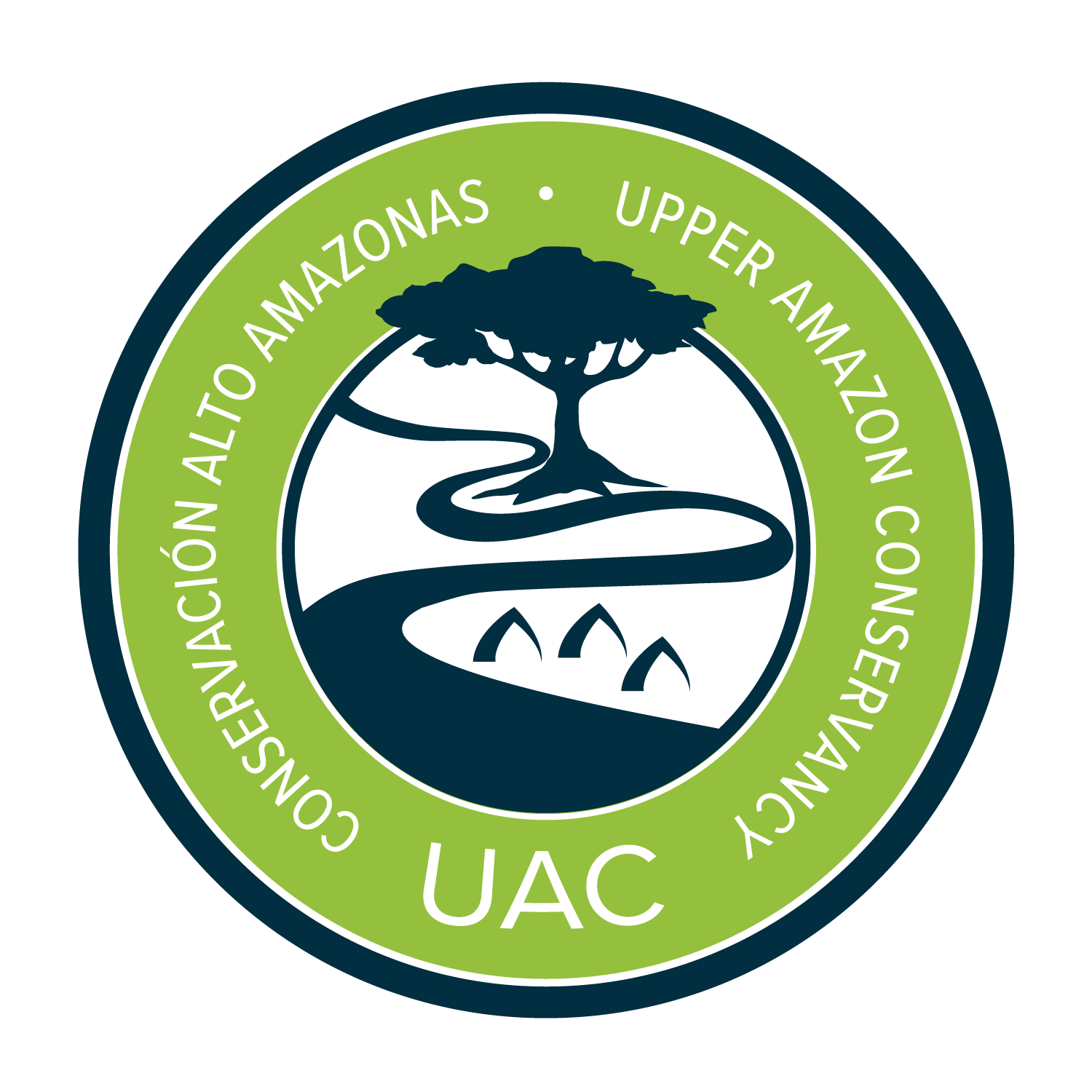Peru Announces Plan to Protect Isolated Tribe Near Manu National Park
July 2015: Peru’s Ministry of Culture has announced a “special attention plan” (Plan de Atención Especial) to protect a group of isolated tribespeople living along the border of Manu National Park. The group, estimated at 30 individuals, is part of the much larger Mashco-Piro tribe that inhabits parts of Manu and the Alto Purús national parks, and adjacent areas in Acre, Brazil. Tribe members have been entering a local village and waiting on beaches to wave down passing boats to ask for food and manufactured items like machetes. The contact is not new, as there has been sporadic contact between them and villagers for approximately 20 years; however, the frequency of sightings has increased dramatically in recent years. In 2014, the tribe was seen 77 times, usually on beaches but occasionally in the forest near the village. Two villagers have been killed by the tribe, including a young boy who was shot with an arrow near a community garden earlier this year.
Originally, the plan was announced as “controlled contact”, which immediately raised concerns among indigenous rights groups. For example, it received sharp criticism from the Madre de Dios indigenous federation, Fenamad, the organization who works to ensure the rights of the region’s indigenous tribes. There are numerous examples of isolated people or those in initial stages of contact being decimated by diseases spread during even well-planned contact.
Members of the Mashco Piro tribe in Madre de Dios, Peru (photo by Jean-Paul Van Belle, University of Cape Town).
The Ministry has since clarified that the objective is not to contact the group, but to protect them from contact with outsiders in order to reduce the potential for diseases, and to prevent more violence between the tribe and villagers. If the tribe initiates contact, Ministry specialists will try to communicate with them in order to better understand the reasons behind their recent contact with outsiders.
UAC and ProPurús are working with the Ministry to develop protection plans for isolated tribes in the Alto Purús – Manu region. Our priority is to protect the tribes’ territories from illegal activities and incursions so they are able to continue their lifestyles for as long as they want and can initiate contact on their own terms. We are wary of any policy to initiate contact with Amazonian tribes. The risks associated with disease and violence is well-documented. Furthermore, the policy could be promoted by sectors of the government more interested in economic development than indigenous people. Initiating contact and moving tribes into settled communities could be used not in the best interest of the tribes, but to remove obstacles to oil and gas development or constructing infrastructure projects such as dams and highways.
It is clear, however, that this group of Mashco-Piro desires some level of contact. They have also shown a propensity for violence. If they initiate contact with the Ministry team, limited communication managed by an expert team of anthropologists, linguists, and doctors, could provide valuable information on the tribe’s needs and desires; information that necessary to develop plans for their long-term protection.
Links to more information:
Reuters article on the planned contact (in English)
Editorial by government specialist describing rationale for the new plan (in Spanish)

